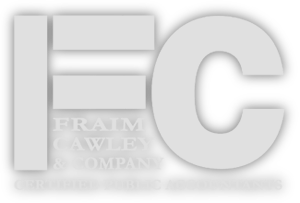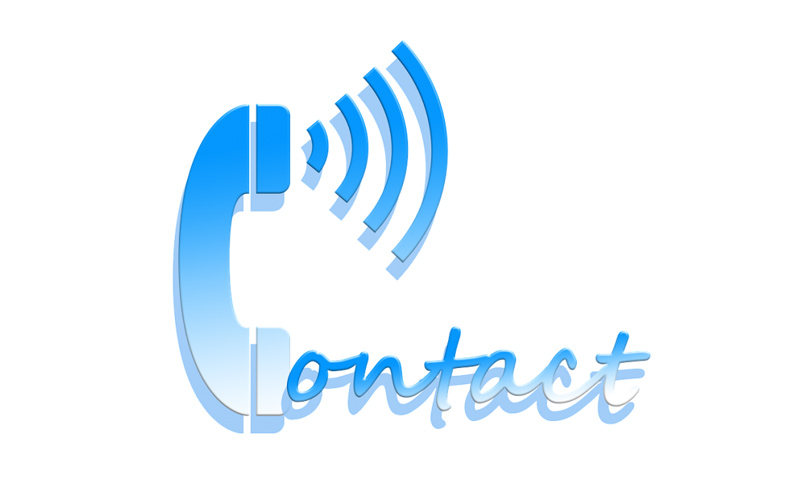“I call it push and pester, or grab and clutch…a guy who has less athletic ability can still block someone. There are some big people that are athletic that are good… But there are guys that aren’t athletic that … are playing.” – Pat Morris, agent for over 100 professional hockey players.
In business, when are we being properly proactive regarding prospective clients, and when are we being pests?
A few weeks ago I posted an ad on Craigslist to get some simple work done at my house. When I do this I like to wait a few days to see what sort of email responses I get – to determine which seem like someone I’d want doing work for me. So I typically don’t email or call anyone back immediately. Usually people just respond to my ad once or perhaps send a follow-up a week or two later.
“Steve” was no such man.
- 1 hour after ad posted: “Call Steve XXX-XXXX”
- 1 ½ hours after ad posted: “Call Steve. Licensed and insured”
- 3 ½ hours after ad posted: “I’d like to look at your job this afternoon if you haven’t found your man.”
- 7 ½ hours after ad posted: “Still haven’t heard from you. Call if you’re still looking. I could probably do it tomorrow.”
- Following morning: “You must not really be looking to have work done. Why do you even have an ad up?”
At this point I pictured Steve stalking me and kidnapping my cat, so I marked the emails (through Craigslist’s relay system) as spam to avoid my inbox being flooded with messages. And I immediately regretted it. Not because I was going to hire Steve, but because I had a strange and morbid curiosity as to how many more times would this guy email me? What were the limits of his irritation at not having someone immediately respond to his online message? Because of my hasty email flagging, I’ll never get to find out.
To an extent I certainly respect his moxie. People often complain about not having work but are unwilling to go after it – and this person was definitely going after it. That on its own is admirable. But his approach was clearly not a winning one.
Of course berating a potential customer is inadvisable. Even with clients with whom you have good and established relationships, any criticism or critique has to be handled delicately. Doing it the very start of your first interaction? There is no way that ends well. But this did get me thinking about the customer acquisition (sales) process of small business people.
Many business owners or those in the position to pursue new customer relationships tend to go the other end of the spectrum from “Steve.” We feel that we don’t want to bug people, we don’t want to be that pesky, pushy salesperson.
However, we have to follow-up with prospects to turn them into paying customers. Different studies vary on the number, but you often hear somewhere between 7-15 “touches” (touches are phone calls, emails, letters, etc.) to convert a prospect to a customer. This can be a somewhat uncomfortable process for those of us who are not natural salespeople (or who like some professionals feel that sales are somehow “beneath them”). You can feel like you’re pestering the person. But without some degree of sales follow-through a business will likely fail.
But it is an art – both in terms of tenor of the conversation and frequency. If you call once every year in a nonchalant manner, then you’re going to be hard-pressed to gain any traction. If you call every day with a lot of intensity, you probably seem some mix of desperate and crazy. Five times in less than a 24 hour period? You come across as a little unhinged and I don’t particularly want you knowing where I live. (I’m talking about you, Steve!)
Most of us err on the side of not harassing prospects enough. It can feel uncomfortable and obviously it’s easier to just wait for people to come to us. But that doesn’t always work.
What I always tell clients is this: be shameless, but do it with dignity. Don’t allow the fear of a slightly uncomfortable interaction to stop you from pursuing a lead. Worst case, they decide to tell you they’re not interested anymore and not to keep checking with them. Who cares? They probably weren’t going to become customers anyway. But you also need to make sure to do it in a dignified manner, and thus have the parting be a cordial one so that your self-respect and professional reputation are intact. Going overboard can make you seem frantic for business – and no customer likes that.
If you’re wondering if your sales or marketing approach could use some tweaking, give me a call and we can talk about some different strategies that are available.
Any accounting, business, or tax advice contained in this communication, including attachments and enclosures, is not intended as a thorough, in-depth analysis of specific issues, nor a substitute for a formal opinion, nor is it sufficient to avoid tax-related penalties.




